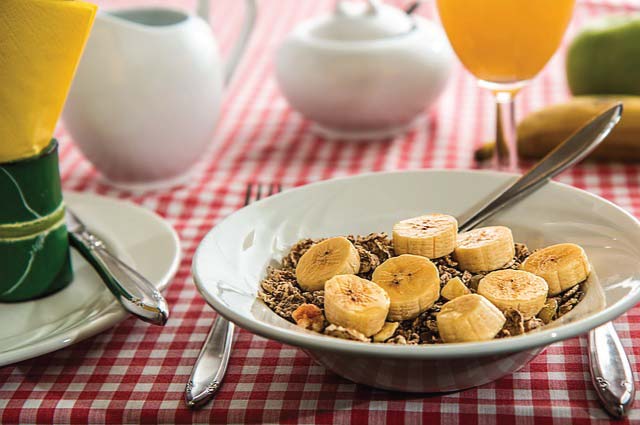
NUTRITIONAL BEHAVIOURS FOR THE YOUNGEST AND SUGGESTION BEFORE PRACTICE AND GAME
by Manuela De Gregori
PhD Biologist
Pain Therapy Service
Fondazione IRCCS Policlinico San Matteo, Pavia, Italy
“It’s essential to teach to kids and teenagers the principles of a healthy and balanced diet, overall for the very young athletes that have constantly practice. Misbalanced nutritional plans could be like an obstacle to the sport improving. In the diet administration we must consider that body is still in a growing period.
It’s important make sure to respect daily an appropriate relationship between carbohydrates, fat and proteins and personalize the nutritional plan considering sex, age, anthropometric data and type of sport. The young showing more lean body mass, for example, have more BMR comparing the coetaneus, since this mass is more active.
According to the Mediterranean diet regime, the caloric income should be divided in five meals including breakfast, lunch, dinner and two snacks (in the middle of the morning and afternoon).
For a daily balanced introduction of nutrients and energy the best way is to check LARN (incoming Levels of Reference of Assumption of Nutrients).
A good level of hydration allows a better physical performance; for this reason it’s very useful that the young athletes drink all over the day, and even more after the training, avoiding drinks with gas or sugar.
The weekly frequency of the trainings, their length and the timing of them suggest the individualization of the daily caloric requirements and to organize at best all the meals, favoring a light snack one hour before training or a unique and complete dish if it’s later in the afternoon.
Overall it’s not suggested to start training in hypoglycemia, instead is very important to ingest a low/medium glycemic foods like fruit or integral cereals at least one hour earlier.
If the workout is in the middle of the afternoon it’s suggested to have a complete lunch made up of carbohydrate proteins and fat (as a unique dish and covering the 35% daily calories) and a snack (10% of daily calories) one hour before the practice.
For the long term efforts, for exemple during tennis tournaments (it can happen during the team competitions or some tournaments) it’s essential to guarantee a good hydration e to introduce a little sandwich with integral wheat and cheese or meat like turkey or chicken during long pauses.
After practicing the best way to recover is a very reach meal in terms of carbohydrates and proteins, overall in endurance sports.”
To me, this article should be printed by any parent of young sportiest: you will not find strict diet or specific numbers to follow but very smart suggestions about how to behave in the nutrition of your children. In Italy kids of the primary school, for example, quit at 4:30 pm and if they have a following training of two hours, they must be in the best conditions to keep the efforts and get the best from them. For this reason is essential to be equipped with an energy snack and the right amount of water already out of the school. Drink and eat right at dinner then, is the key to fully restore.
Guys from secondary school or college quit school around 2 pm and if they have training in the first part of the afternoon it’s better to avoid complete meals and prefer fruit or integral cereals (integral because during the elaboration it’s easy to lose the benefits of the fibers) and bring energetic bars if the training will be a long one (more than 1,5 hour). The snack will be richer to recharge calories not introduced during lunch and the ones burned during activity.
If they have to attend a training in the late afternoon the lunch could be complete and about one hour and half before it’s suggested to have a snack.
Breakfast is a key topic in the daily diet beacuse it’s a meal that we do after 10 hours from the dinner and the body absolutely needs energy to afford the day activities in the best way and with the maximum and constant level of physical and psychical activation, so let’s care a lot about our breakfast! I often see young athletes arriving for the practice already tired before start because they suffered during school hours, it is a mental tiredness and we can avoid it with the right alimentation.
Kids and teenagers, even if they run an intensive agonistic activity, don’t need nutritional plans like the pros, but they need to be carried with a smart and constant plan by their trainers and parents, making them conscious that eating and drinking well (and I add also sleeping well) is same important than training and compete well.
Leave a Reply